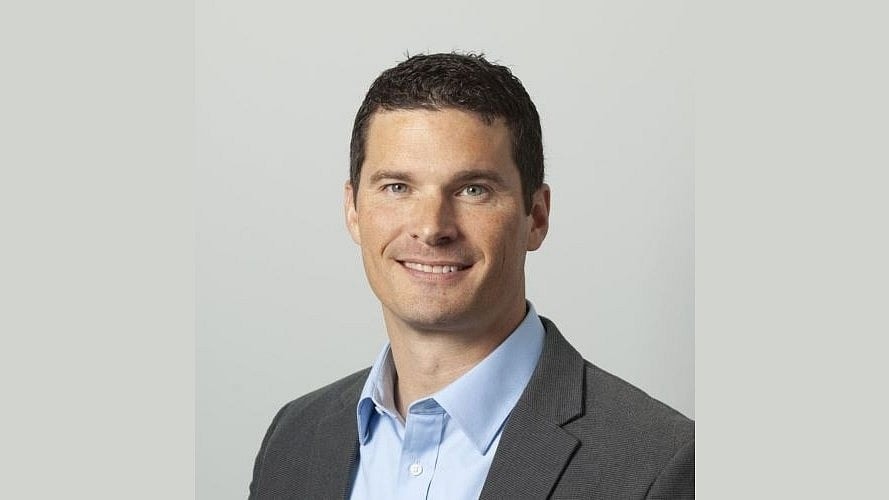Digital Transformation
(US & Canada) VIDEO | Treating Data as an Afterthought Is Costly — Farmers Insurance Data and Analytics Head
Written by: CDO Magazine Bureau
Updated 6:41 PM UTC, August 11, 2023

(US and Canada) Tom Marlow, Head of Data and Analytics at Farmers Insurance, speaks with Jeffrey Dobin, Head of Sales at Duality Technologies, in a video interview, about understanding customer risk level, the evolving of advanced analytics, leveraging data correctly, focus areas of data, and the need for a common business and IT language for capturing and approaching data.
At the onset, Marlow highlights the potential of insurance companies leveraging novel data inputs. He adds that Farmers Insurance could offer lower rates to customers if it could understand their risk level better. He suggests using information from sources such as social media to determine an individual’s risk. However, he recognizes that personal data can be put to good or bad use, and asserts that exploring blockchain ideas will determine what information individuals choose to share.
Adding on, Marlow states that an insurance company can use GPS coordinates to identify riskier intersections that can drive up the customer’s risk. He advises companies to use the data to provide customers with insights on taking safer routes that may only add mere minutes to their commute.
Moving forward, Marlow states that advanced analytics has evolved in the past five or ten years, and it has become less expensive to capture and integrate large datasets. Nevertheless, he notes that historical data for century-old companies, such as Farmers, was not recorded and it is difficult to marry data quality and governance.
Therefore, Marlow suggests organizations consider data in advance and avoid it as an afterthought. He believes that treating data as an afterthought is costly and time-consuming. Marlow focuses on two main areas: application development and data management for new features and insights.
Furthermore, Marlow points out that organizations often forget to allocate funds for data collection when discussing KPIs, instrumentation, and analytics, thus creating a challenge later on. He then provides an example, reminding the fiduciary responsibility regulation in the financial services industry a few years ago.
He recalls how large organizations faced an issue and had to determine whether their financial advisors had met customer goals by placing them in the appropriate investments. Retroactively trying to address the data gap was expensive, time-consuming, and frustrating for their business partners. Marlow emphasizes that if the companies had collected the required data upfront, they would have saved hundreds of thousands of dollars.
Delving further, he highlights the need for the business and IT sides to establish a common vocabulary and approach to understanding the categories of data that must be captured to measure the efficacy of investments. He recommends tracking the KPIs, instrumenting the data, and capturing relevant forensic data for advanced analytics.
In conclusion, Marlow encourages having conversations about the data needed to support industry-leading ideas that will enable future benefits. He reckons the relationship between business and IT is paramount to ensuring that data is captured and supported.
CDO Magazine appreciates Tom Marlow for sharing insights and data success stories with our global community.
See more from Tom Marlow
We Aim to Grow Through Meaningful Customer Engagement
Explaining Insurance Topics With ChatGPT Can Benefit Customer Service


